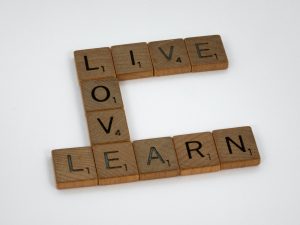
What Estate Planning Documents Should Everyone Have?
This is a great time to get organized with estate planning—it will make things a lot easier for yourself and your loved ones.

This is a great time to get organized with estate planning—it will make things a lot easier for yourself and your loved ones.

According to the Exit Planning Institute of Ohio, recent studies show that over 60% of the current U.S. business market is owned by baby boomers (those born between 1946 and 1964), who are ready to exit or transition their business over the next 10 years.

Revocable Living Trusts have become a widely used estate planning document, providing a path to managing assets, avoiding probate and gaining privacy at the settlement of an estate.

Good estate planning must consider more than what you want to happen to your property and for your beneficiaries. It also must consider what you intentionally want to avoid happening.

If you’re planning to leave your heirs any sort of inheritance, you’re already giving them a valuable financial leg up.

In coming years, millions of Baby Boomers — those born between 1946 and 1964 — are expected to retire in the U.S. In fact, by some estimates nearly a quarter of this country’s population will be aged 65-or-older within a few decades.

Most family members may not have a clue what we have floating out in cyberspace. Accessing or deleting accounts can be tricky for family members, if they don’t have your login credentials.

If you’ve ever spent time working through your estate plan, you know how important it is to select and update your beneficiaries.

Both help you pass down assets, while avoiding the time and expense of probate. However, one has much more flexibility than the other.

Americans are living longer than they were a generation ago, and the government knows it. Starting in 2022, that will be reflected in the amount of money you have to draw from retirement accounts at different ages.